Fair hair, often associated with qualities such as purity, innocence, and youth, holds a significant symbolic meaning in various cultures and mythologies. Explore the deep-rooted symbolism behind fair hair in this insightful article.
the historical significance of fair hair
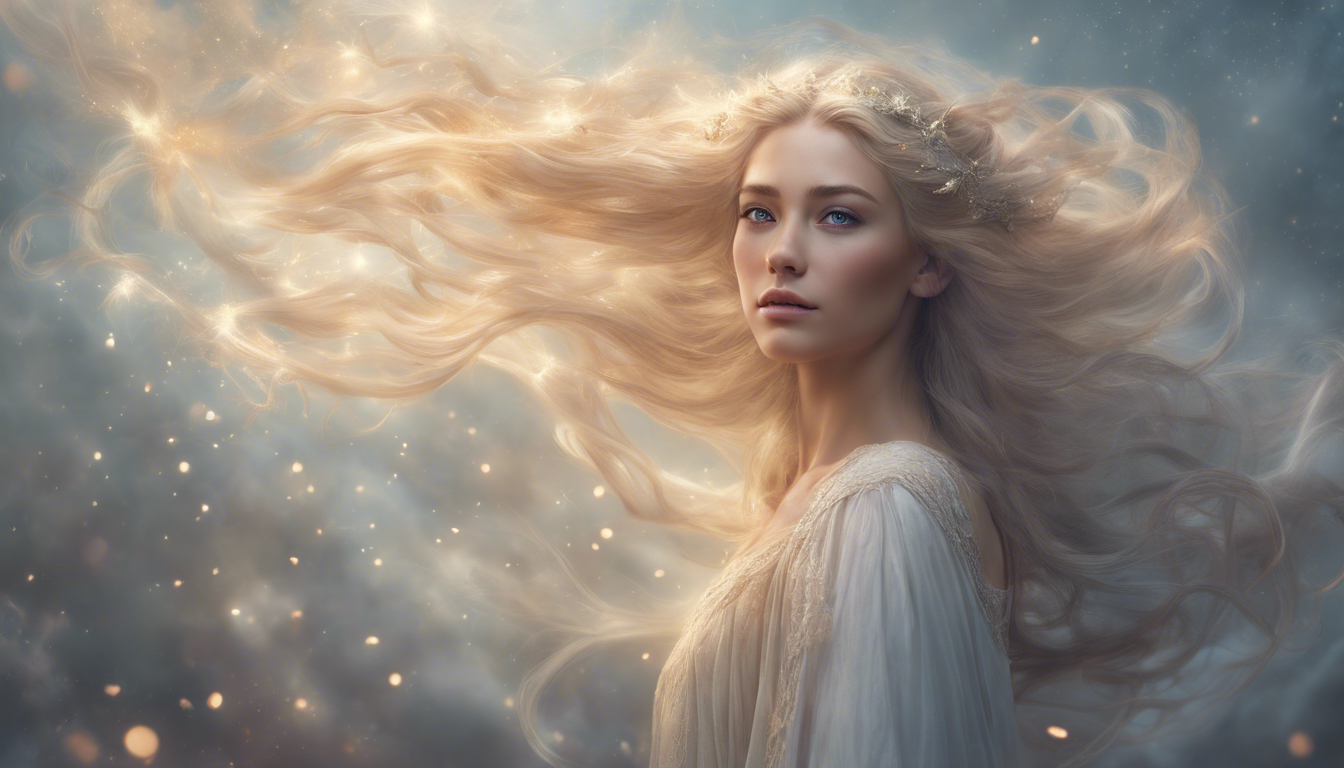
fair hair through the ages
Fair hair, often associated with traits such as light skin and blue eyes, has held a significant place in history, culture, and mythology throughout the ages. From ancient legends to modern perceptions, fair hair has been both revered and scrutinized for its unique qualities.
the allure of fair hair
Fair hair has often been linked to notions of beauty, purity, and innocence. In various cultures, individuals with fair hair were seen as distinct and, in some cases, even divine. Legends of fair-haired gods and goddesses abound, showcasing the elevated status of light-hued locks in society.
symbolism and status
In many historical contexts, fair hair symbolized more than just physical appearance. It was often tied to social status, with nobility and royalty frequently depicted with fair hair in art and literature. The association between fair hair and power was a prevalent theme, highlighting the deep-rooted significance of hair color in societal hierarchies.
fair hair in folklore and mythology
Fair hair often played a central role in folklore and mythology, symbolizing themes of heroism, magic, and destiny. From the golden locks of mythological figures like Apollo to the fair-haired heroes of fairy tales, the portrayal of fair-haired characters underscored their special connection to the supernatural and the extraordinary.
changing perceptions
In modern times, the significance of fair hair has evolved. While it still carries connotations of beauty and desirability, societal perceptions of hair color have become more diverse and inclusive. Fair hair remains a timeless symbol of elegance and charm, reflecting a blend of tradition and contemporary ideals.
By delving into the historical significance of fair hair, we unravel the intricate tapestry of meanings woven around this distinctive trait. From ancient legends to present-day portrayals, fair hair continues to captivate and enchant, embodying a rich legacy of beauty and symbolism.
fair hair in mythology and folklore
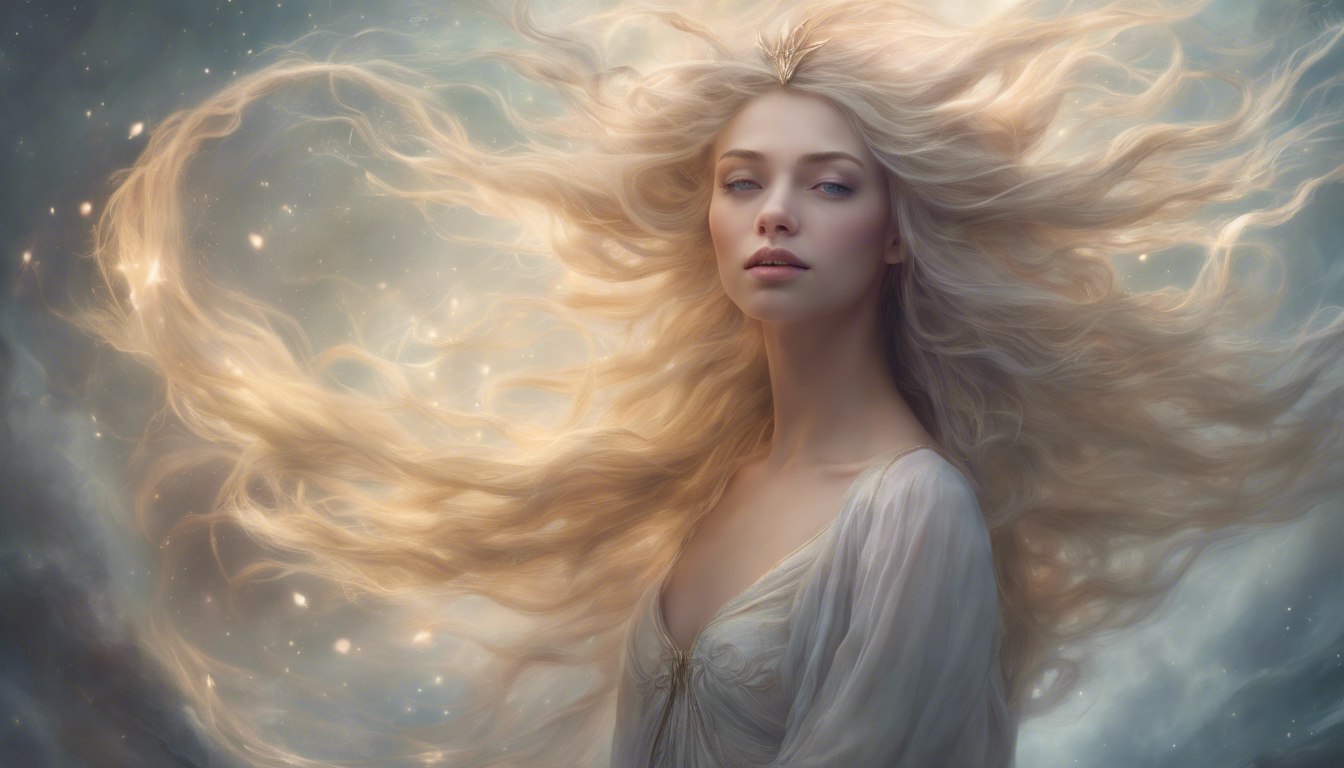
In the realm of mythology and folklore, fair hair holds a significant place in storytelling and symbolism across various cultures. Let’s explore the diverse perceptions and representations of fair hair in myths and folklore from around the world.
Light as Air: Fair Hair in Greek Mythology
In Greek mythology, fair hair is often associated with divine beings. Gods and goddesses such as Apollo, Aphrodite, and Athena are depicted with golden locks, symbolizing their supernatural beauty and power. The myth of the golden-haired Apollo, the god of the sun, embodies the radiance and glory often attributed to fair hair.
The Norse Connection: Fair Hair in Viking Lore
Among the Norse, fair hair was revered as a symbol of strength and valor. Characters like Thor, the god of thunder, were often depicted with fiery red or golden hair, representing their warrior spirit and courage in battle. Fair hair was seen as a mark of divine favor and prowess in Norse mythology.
The Enigmatic Enchantment of Fair Hair in Celtic Tales
In Celtic folklore, fair hair was associated with otherworldly beings such as faeries and spirits of nature. Stories often depict fair-haired individuals as changelings or beings with a strong connection to the mystical realms. The fair hair of these characters symbolizes their ethereal nature and ties to the supernatural world.
Contrasts and Symbolism: Fair Hair in Folklore
Across various cultures, fair hair is often contrasted with darker hues to symbolize opposing forces or dualities. In many myths and folktales, fair-haired characters represent purity, innocence, and light, while dark-haired figures embody mystery, cunning, or even malevolence. This contrast underscores the complex symbolism of fair hair in folklore.
Legacy and Interpretation: Fair Hair in Modern Context
Today, the symbolism of fair hair in mythology and folklore continues to influence art, literature, and popular culture. The archetype of the fair-haired hero or heroine, embodying traits of nobility and divine grace, remains a prevalent motif in storytelling. Whether as a symbol of beauty, power, or mystery, fair hair retains its enchanting aura in the tapestry of human imagination.
social connotations of fair hair
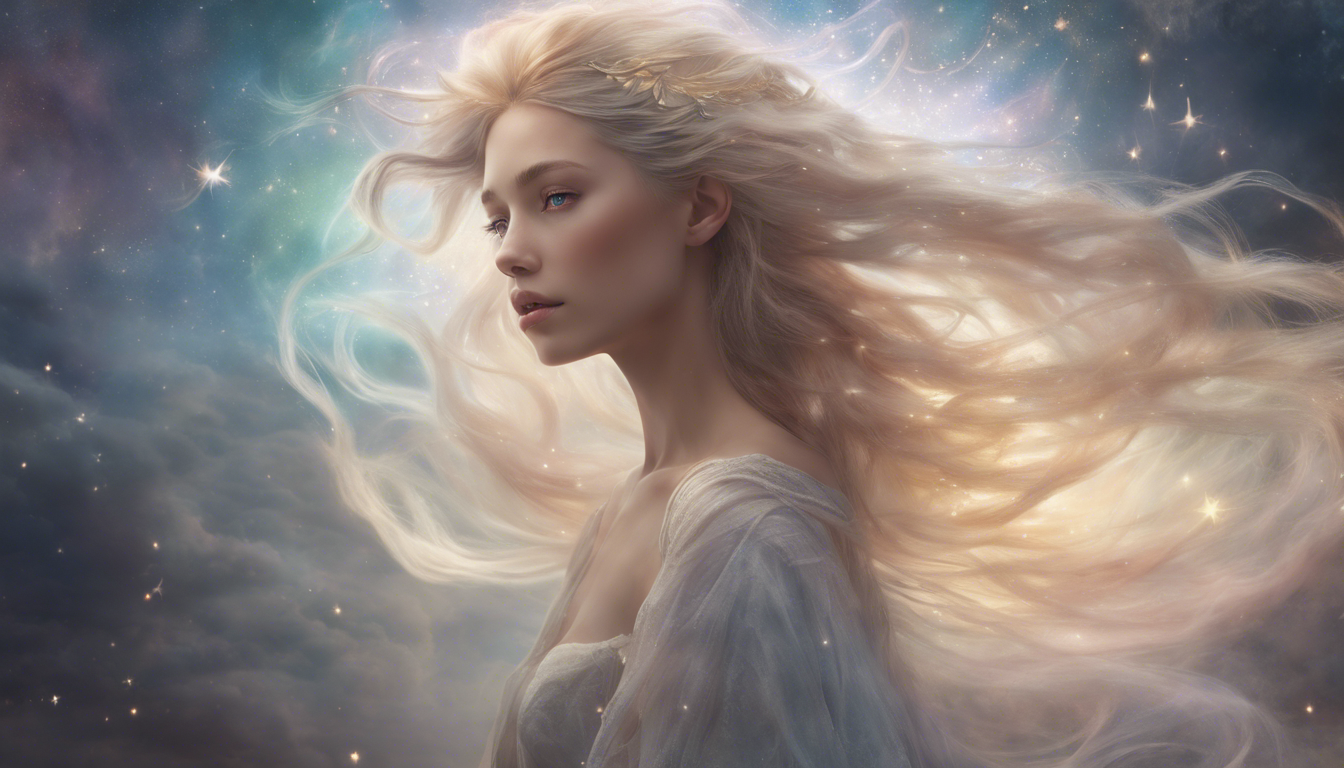
In today’s society, fair hair often holds certain social connotations that have evolved over time and vary across cultures. From symbolism to stereotypes, the perception of fair hair goes beyond just its physical appearance.
Historical Perspectives
Throughout history, fair hair has been linked to notions of beauty, purity, and innocence in many cultures. In ancient times, fair-haired individuals were sometimes attributed with special powers or abilities, creating a sense of mystique around them.
Stereotypes and Myths
Unfortunately, fair hair has also been the subject of stereotypes and myths, often perpetuating notions of superiority or inferiority based on hair color. These stereotypes can lead to discrimination or unrealistic expectations, particularly in fields where appearance is emphasized.
Media Representation
The media plays a significant role in shaping the perception of fair hair in society. From fairy tales featuring princesses with flowing golden locks to advertisements highlighting certain beauty standards, the representation of fair hair in media can influence how it is perceived by the public.
Cultural Significance
Across different cultures, fair hair can carry distinct meanings and symbolism. For example, in some societies, fair-haired individuals are seen as rare or unique, while in others, they may be associated with specific personality traits or characteristics.
Breaking Stereotypes
It is important to challenge stereotypes and prejudices related to fair hair in order to promote diversity and inclusivity. By recognizing the beauty in all hair colors and celebrating individual uniqueness, we can create a more accepting and open-minded society.
Overall, the social connotations of fair hair are complex and multifaceted, reflecting a mix of historical, cultural, and media influences. By exploring these connotations, we can gain a deeper understanding of how hair color can shape perceptions and attitudes in our world today.
fair hair in popular culture
Fair hair, often associated with beauty, innocence, and purity, has played a significant role in popular culture throughout history. From fairy tales to Hollywood movies, fair-haired characters have captivated audiences and perpetuated certain stereotypes. Let’s delve into the portrayal of fair hair in popular culture and its impact on society.
blonde bombshells: iconic representations
Fair hair has been a defining feature of many iconic characters in film, music, and literature. From Marilyn Monroe’s glamorous blonde locks to Taylor Swift’s golden mane, fair hair has been synonymous with beauty and allure. These fair-haired celebrities have shaped the standards of attractiveness and influenced how society perceives fair hair.
fair maidens and damsels in distress
In classic literature and fairy tales, fair-haired maidens are often portrayed as innocent and vulnerable. The trope of the fair-haired damsel in distress has been perpetuated in stories like Rapunzel and Cinderella, where fair hair symbolizes purity and virtue. This portrayal has reinforced gender stereotypes and perpetuated certain ideals of femininity.
myths and misconceptions
Despite the positive associations with fair hair, there are also myths and misconceptions surrounding it. Blondes are often stereotyped as being less intelligent or more promiscuous, perpetuating harmful biases. These stereotypes highlight the need to challenge societal perceptions of fair hair and celebrate its diversity.
diversifying representations
In recent years, there has been a push for more diverse representations of fair hair in popular culture. From characters with different shades of blonde to challenging traditional stereotypes, creators are redefining what it means to have fair hair. By showcasing a range of fair-haired characters with depth and complexity, popular culture has the power to break barriers and promote inclusivity.
the impact of fair hair on self-image
having fair hair can have a profound effect on one’s self-image and how they perceive themselves in society. this unique feature of hair color can shape a person’s identity and influence their self-confidence in various ways.
the allure of fair hair
fair hair, often associated with notions of beauty and purity, has been a coveted trait throughout history. individuals with fair hair may feel a sense of privilege or attractiveness due to societal standards highlighting this trait.
the impact on self-esteem
for individuals with fair hair, their self-image can be intertwined with their hair color. a sense of uniqueness or standing out from the crowd can boost self-esteem, while on the flip side, it can also lead to self-consciousness or feelings of inadequacy if fair hair is not culturally valued.
media representation and stereotypes
the media often plays a significant role in shaping perceptions of fair hair. portrayal of fair-haired individuals in a certain light can perpetuate stereotypes or unrealistic beauty standards, impacting how people with fair hair view themselves.
navigating societal expectations
fair hair can sometimes come with pressure to maintain a particular image or live up to certain expectations. individuals may feel the need to conform to societal norms related to fair hair, potentially affecting their self-image and sense of authenticity.
embracing diversity in self-image
it’s essential to recognize that self-image goes beyond external features like hair color. embracing diversity and individuality can lead to a more positive self-image, regardless of one’s hair color. understanding that beauty comes in all forms can empower individuals with fair hair to feel confident and proud of their unique traits.
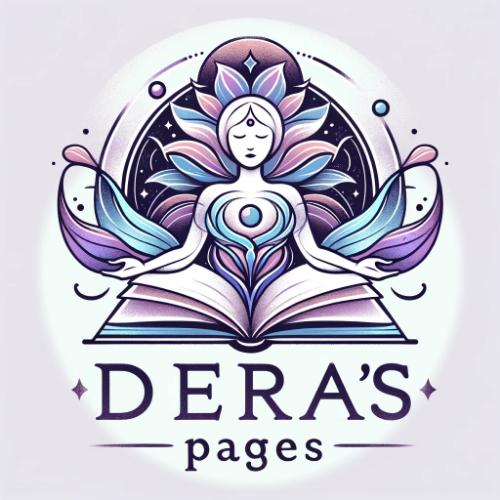
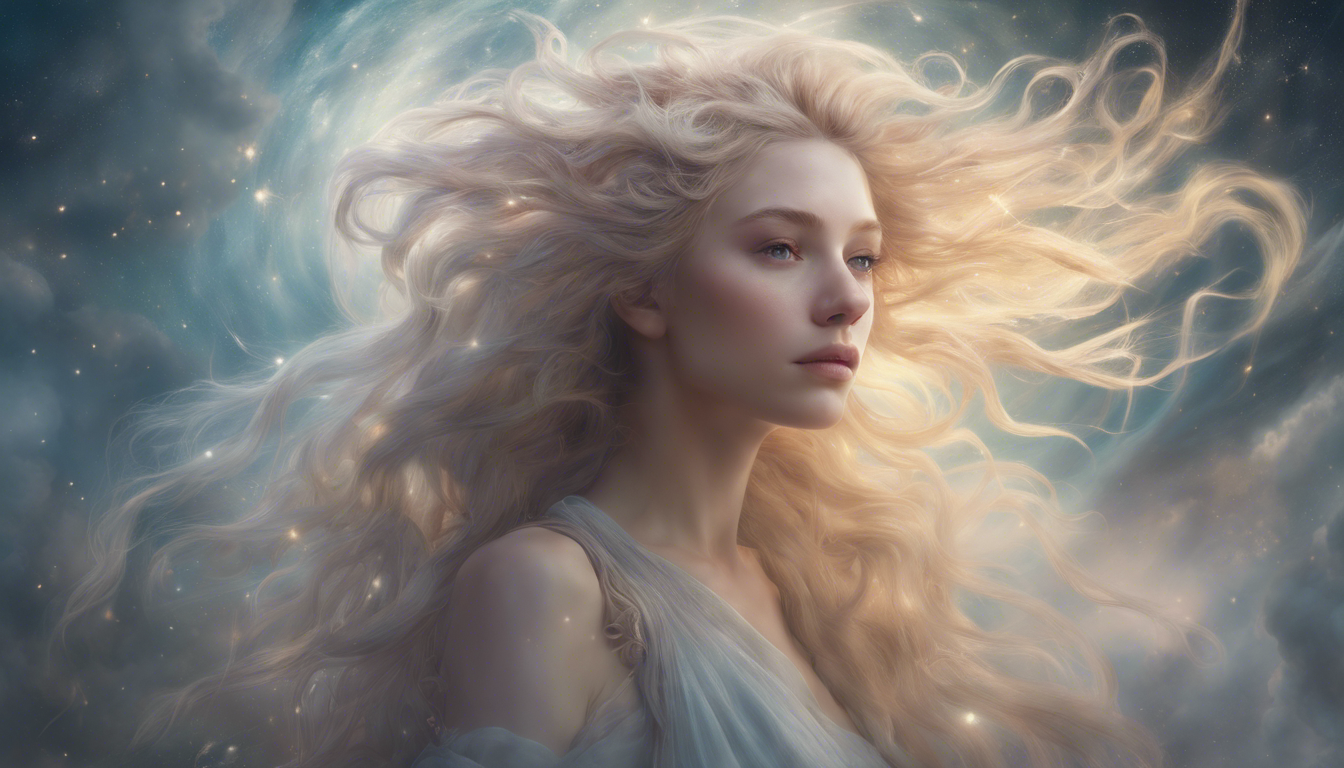
Article written by Dera
Greetings, I am Dera, a 35-year-old individual with a deep passion for spirituality. Through my website, I aim to share my insights and knowledge to help others on their spiritual journey. Join me on the path to inner peace and enlightenment.